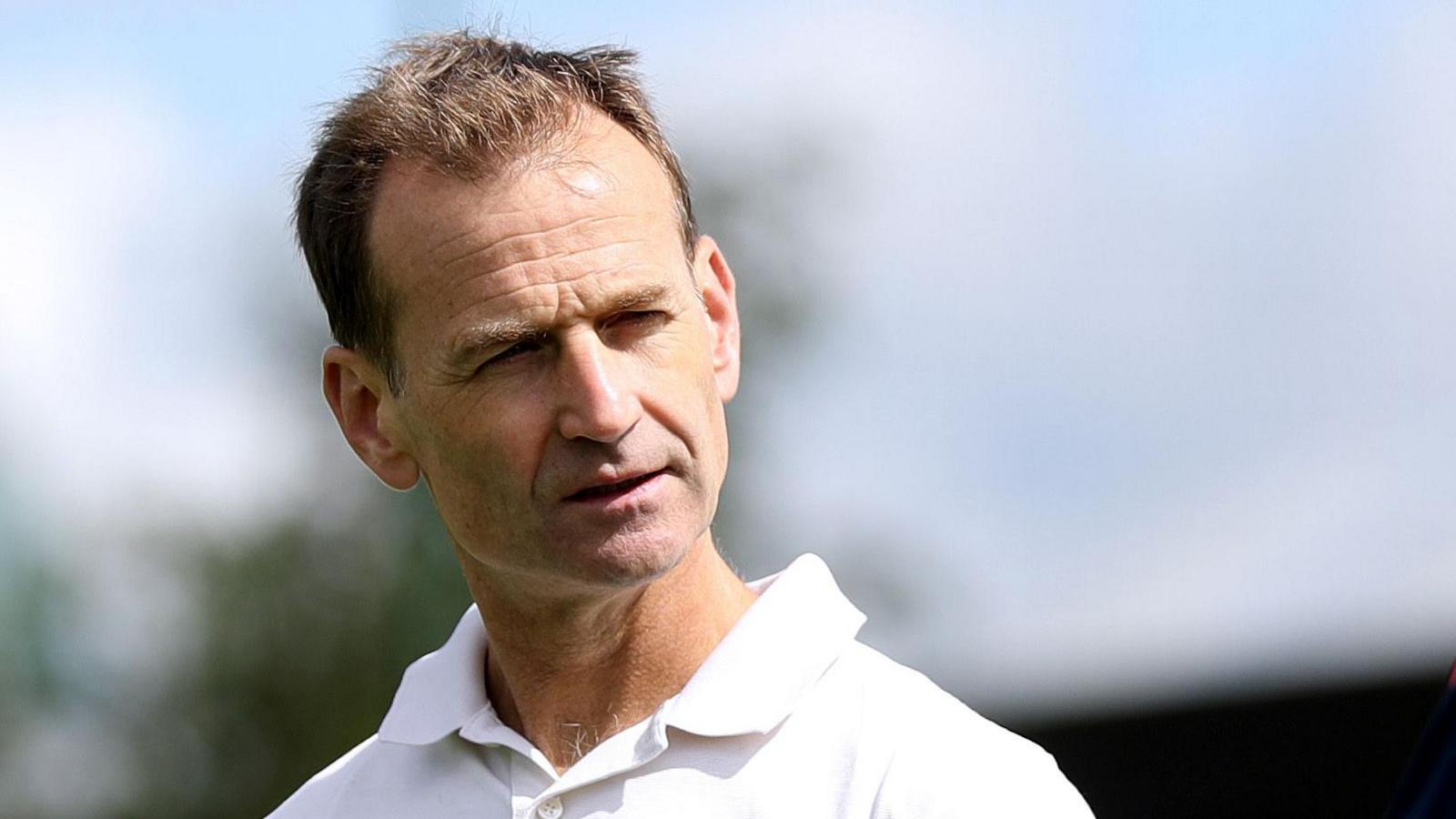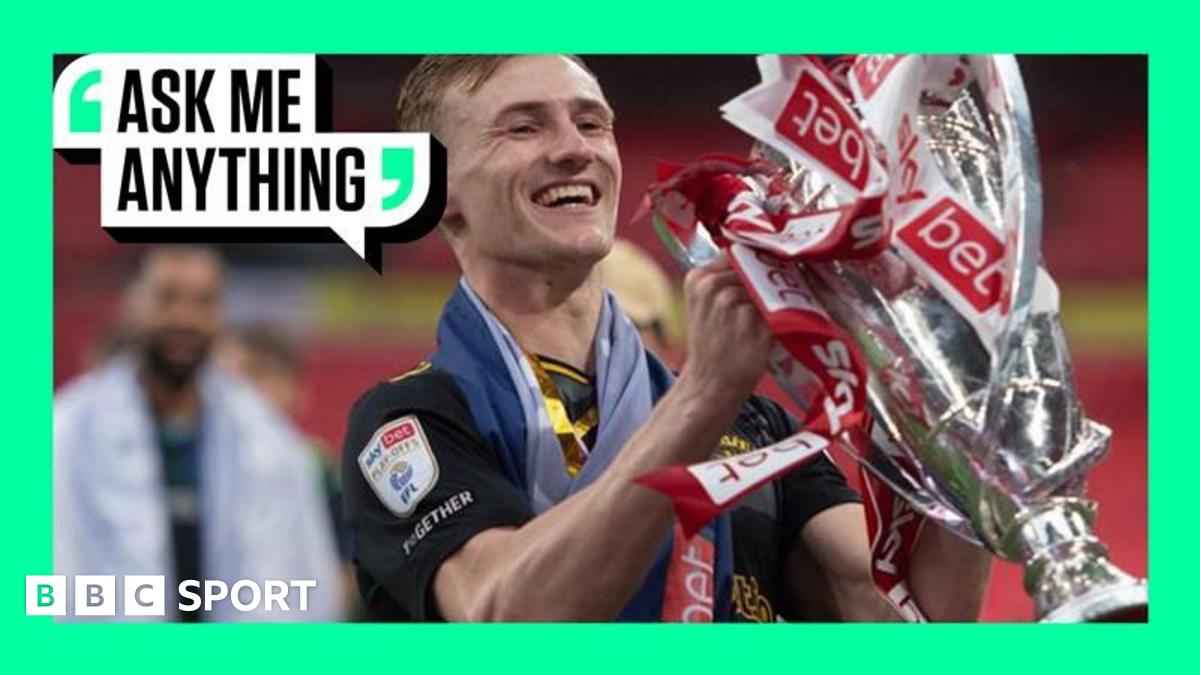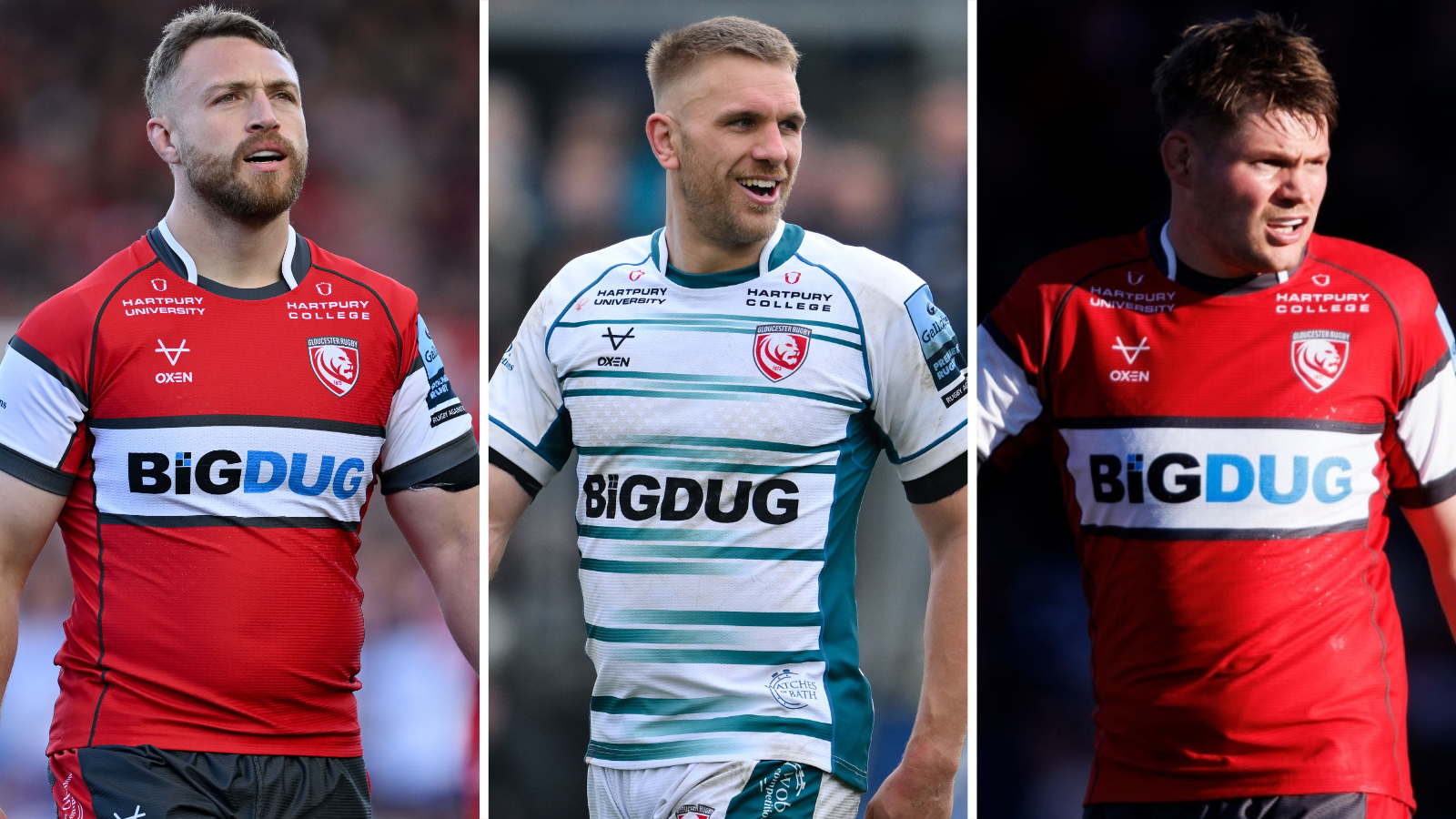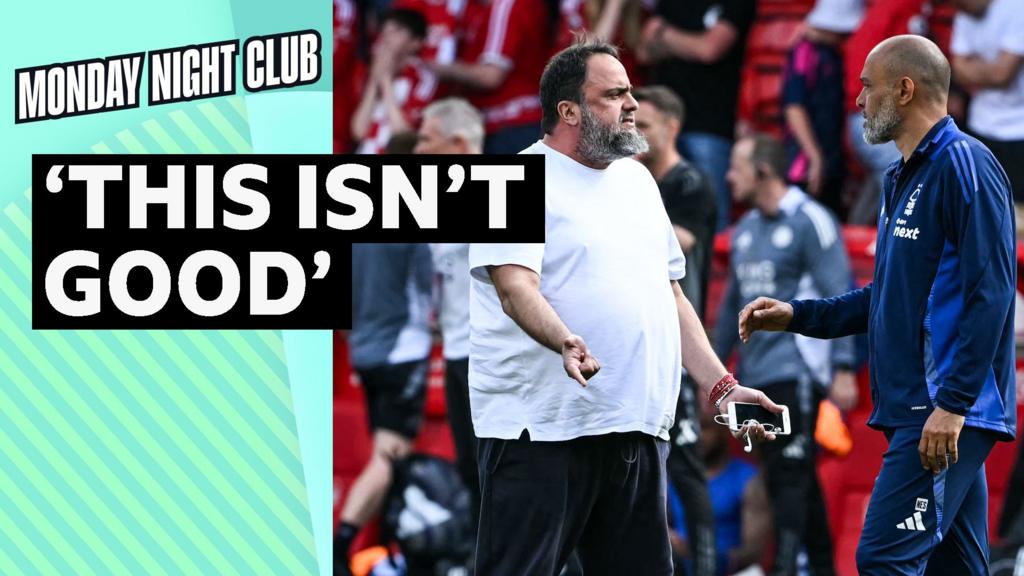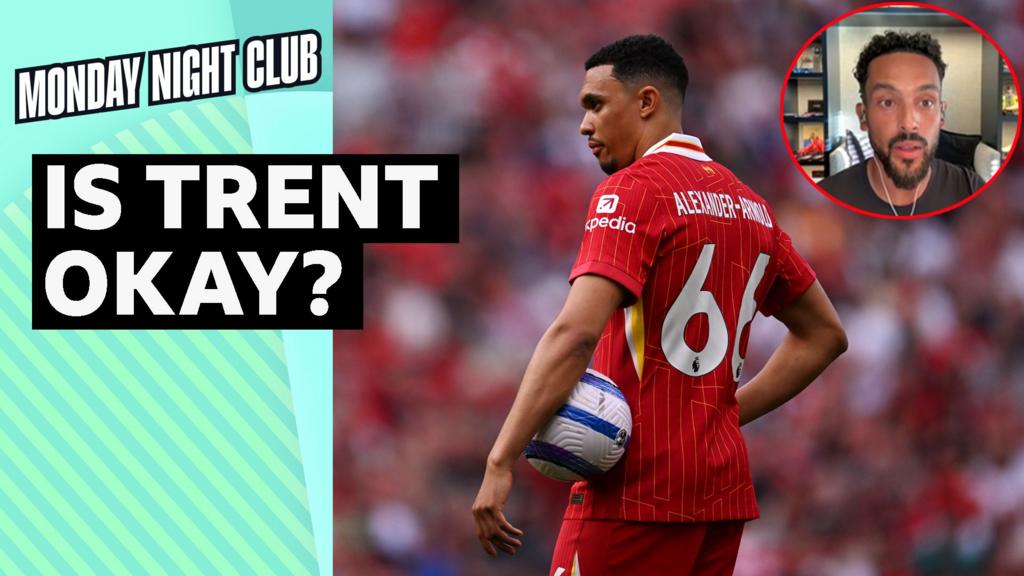Former Manchester United sporting director Dan Ashworth is set to be unveiled as the Football Association’s head of elite men’s and women’s development.
Ashworth left Manchester United in December having spent just five months at Old Trafford, after Ineos hired him from Newcastle United.
The 54-year-old was previously at the FA between 2012 and 2018 – in charge of England’s elite men’s and women’s teams as well as FA education and coaching.
Part of Ashworth’s new role will be to oversee the development of homegrown coaches.
Only two current permanent Premier League managers are English, and FA chief executive Mark Bullingham recently confirmed that changes are being made to address the issue.
As first reported by the Telegraph, John McDermott, the FA’s men’s technical director, is to remain in his position.
The FA has declined to comment.
In February, it was established through United’s accounts that hiring and firing Ashworth cost £4.1m, but the club have not said if there would be any reduction in that figure if he returned to the FA.
In an interview with BBC Sport earlier this year, Manchester United co-owner Sir Jim Ratcliffe called hiring Ashworth “an error on our part”.
It was also revealed in February that Ashworth was working with Warwickshire County Cricket Club, advising on performance strategy.
Related topics
- Football
